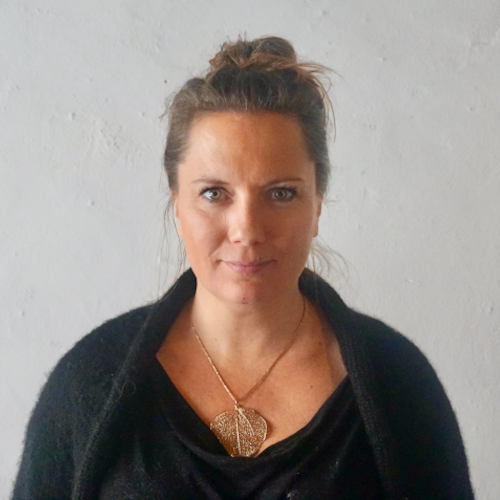
Katherine Hermans
UZH, Zurich
Katherine Hermans has degrees in sustainability, journalism and literature. She has a track record in sustainability and is the founder and director of several organisations and initiatives in this field. Most recently, she became co-director of the Open Science Office at UZH. In her role as the co-director of the Open Science Office for the University of Zurich she makes good use of her experience in strategy, start-ups and change management. Katherine Hermans and her colleague Manuela Höfler built the Open Science Office at the UZH from the ground up, led the process to create an Open Science policy based on a community-wide survey and initiated a Swiss national Diamond Open Access project under the name PLATO. Both are passionate about Open Science seeing it is a lever for sustainable development. In their role as co-directors of the Open Science Office they take a systemic approach to create maximum impact.
All Sessions by Katherine Hermans
Carrot & Stick: Policy as a driver for Open Science
In order to establish Open Science as the default at the UZH, the Open Science team developed a university wide, Open Science Policy. This document sets out expectations and recommendations on ways in which the practices and values of an open academic culture can be integrated into the structure of the UZH, and in its research and teaching. All UZH employees and students were able to comment on the draft policy in 2020 by means of a survey. Over 2000 UZH members took part in the survey, 642 filled out the entire questionnaire. At the same time, the Open Science Committee reviewed the policy, and several faculties and institutes provided institutional feedback. An overwhelming majority welcome an Open Science culture and support practices that promote open exchange, transparency, reproducibility and accountability. However, the fear that career opportunities for young researchers were at risk. This means it is important to communicate clearly that in view of the global movement towards Open Science, an open scientific practice can also improve career opportunities in the future. It also became clear that the requirements of the individual departments are very different and must therefore be taken into account during the implementation of the policy. A main point of criticism furthermore was the fact that Open Science requirements were formulated as mandatory in the first version of the policy, because such fundamental changes in the research culture need time and resources, this input is in line with the UNESCO Recommendation. Based on this feedback, the draft has been revised and now includes expectations and recommendations instead of requirements. This also addresses the concerns that many changes in the scientific process require time and resources.